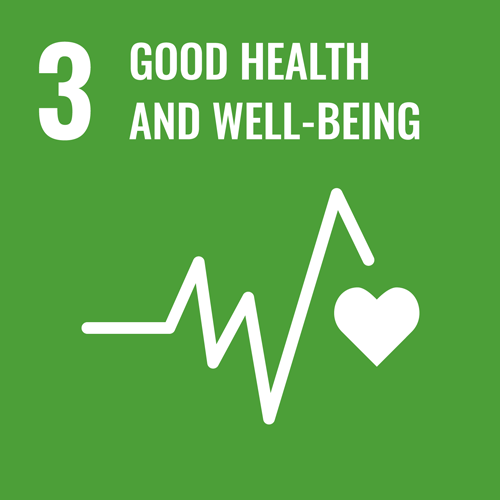
Our primary role is to direct and coordinate international health within the United Nations system.
Our main areas of work are health systems; health through the life-course; noncommunicable and communicable diseases; preparedness, surveillance and response; and corporate services.
Description of Activities on AI
In recognition of the growing importance of digital health technologies—including AI—the WHO Member States unanimously adopted the resolution on Digital Health during the 71st World Health Assembly on 26 May 2018 in Geneva, Switzerland (WHO, 2018). Following this MS agreed on the Global strategy on digital health 2020–2025 (www.who.int/dhstrategy) which highlights the importance of artificial intelligence. It is deeply embedded in the 172 implementation actions endorsed by Member States, with specific focus under digital health governance and human-centred health system. During the opening speech of the 144th session of the WHO Executive Board on 24 January 2020 in Geneva, Switzerland, the importance of digital health (and, particularly, AI for health) was reinforced: “the future of health will be influenced by digital health significantly [and WHO must] embrace it, but at the same time, WHO should be ahead of the curve in digital health, in order to contribute to global health […] working with the International Telecommunications Union to find new ways of using artificial intelligence to get care to remote communities” (WHO, 2020)
To provide cross-cutting guidance on Ai for health, The ITU-WHO Focus Group on Artificial Intelligence for Health (FG-AI4H) was created by the ITU and WHO to explore the potential for standardization work in the application of AI to health in 2018. In particular, it has looked at and created guidance (including open-source implementations) on the benchmarking of AI for health solutions. With ten cross cutting guidance and 23 topic areas in the process of developing benchmarks, and several already having produced the first experimental audits, the Focus Group has set a strong foundation at this opportune time for the Focus Group to transition to a long-term institutional structure.
AI has enormous potential for strengthening the delivery of health care and medicine and helping all countries achieve universal health coverage. This includes improving diagnosis and clinical care, enhancing health research and drug development and assisting with the deployment of different public health interventions, such as disease surveillance, outbreak response, and health systems management.
At the same time, AI raises some important ethical concerns, such as Equity and the digital divide, data protection, and the regulation of the private sector in this area, which includes several of the world’s largest technology companies. Thus, equity and greater participation from LMICs in AI R&D is an important component that need greater collaboration in addressing.
To address these questions, WHO has specific activities and guidance that will help to strengthen the potential role of AI, the approaches that will facilitate the potential for research, and the appropriate use of data, training, and development of AI.


 Register here
Register here





